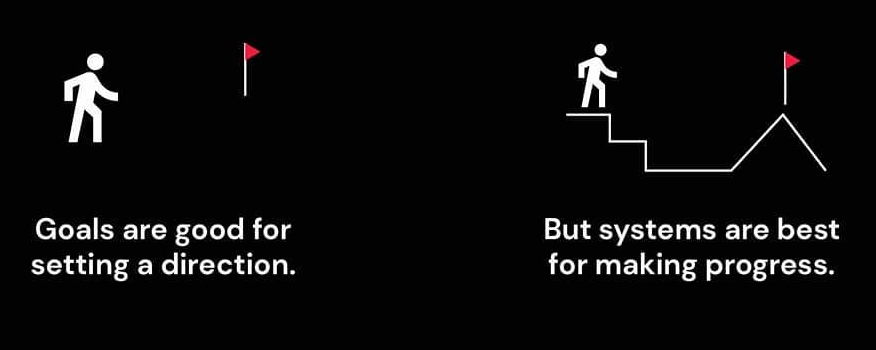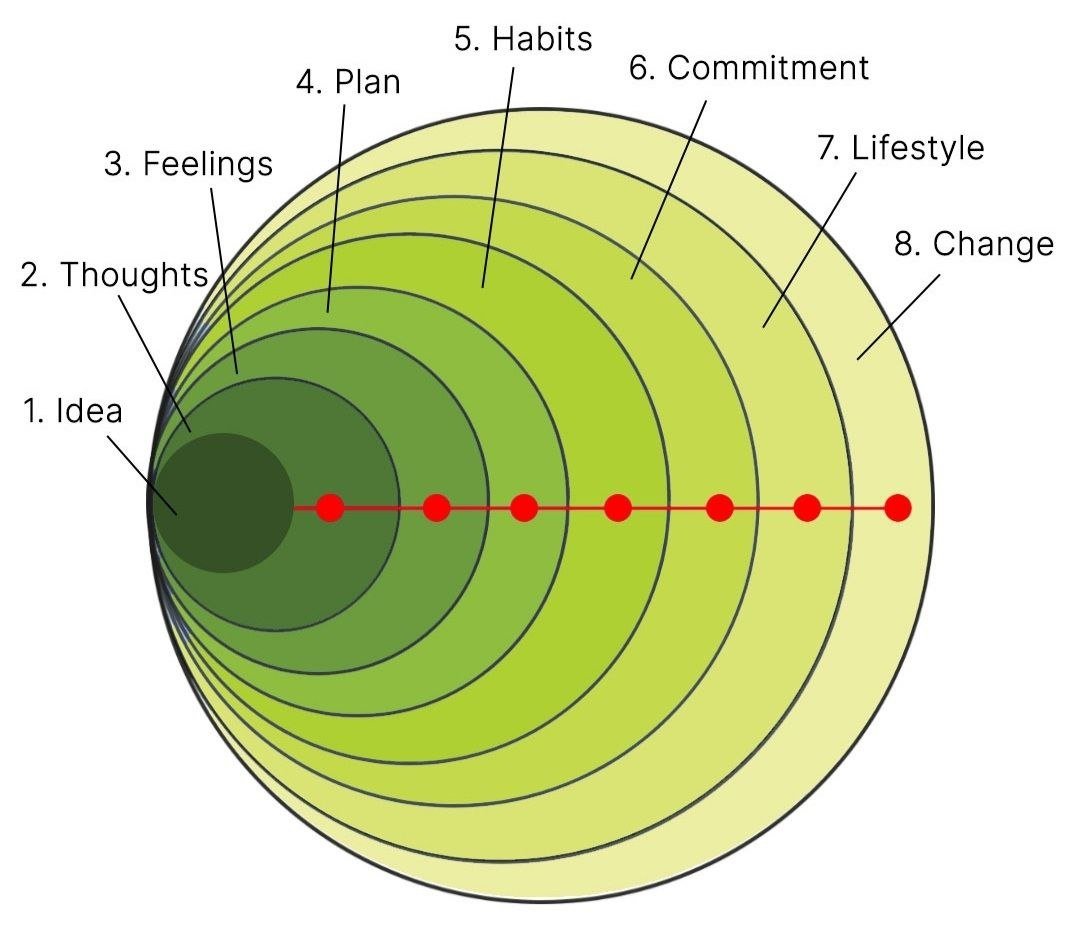Root Chakra – I am
I am grounded, safe, and free to shift into calm and peaceful energy whenever I choose.
Sacral Chakra – I feel
I feel at ease, trusting that life supports me and that I am allowed to experience joy and flow.
Solar Plexus Chakra – I do
I act from self-trust and confidence. I do not chase outcomes; I align with them.
Heart Chakra – I love
I love myself fully and treat my body with respect, care, and appreciation.
Throat Chakra – I speak
I speak my truth clearly and honour my boundaries with integrity.
Third Eye Chakra – I see
I see opportunities, abundance, and clarity in my surroundings and within myself.
Crown Chakra – I understand
I understand that protecting my peace sometimes requires letting go of people, patterns, or situations that disrupt my balance.





















